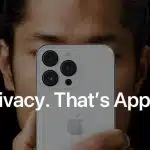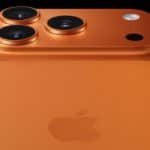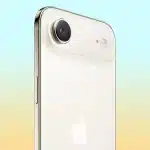A major counterfeit scheme in New Jersey ended when authorities arrested a store owner selling fake Apple products. Officials found over 100 knockoff devices, including imitation iPhones and AirPods, during a raid on his electronics shop.
DOJ-Supported Task Force Leads Local Action
Investigators acted under Essex County’s Intellectual Property Enforcement Program, which receives support from the U.S. Department of Justice. This program empowers local authorities to combat fake goods at the street level while federal agencies focus on international supply routes.

The 63-year-old shop owner from Woodland Park was arrested on June 5. He now faces a third-degree counterfeiting charge. Investigators connected his store in the City of Orange to the sale of imitation Apple products through undercover purchases and documented evidence.
Counterfeits Can Pose Serious Safety Risks
Unlike legitimate Apple gear, counterfeit accessories often fail safety standards. They can overheat, malfunction, or even damage connected devices. That’s why Apple strongly advises customers to buy only from certified retailers and look for the “Made for iPhone/iPad” (MFi) label.
While this case hasn’t led to any reported injuries or product recalls, similar incidents have raised safety concerns in the past. Fake electronics don’t just harm brands—they endanger users as well.
Legal Fallout and What Comes Next
In New Jersey, third-degree counterfeiting is a felony that carries a three to five-year prison sentence. However, first-time offenders often receive probation unless the court identifies serious aggravating factors.
Authorities haven’t yet disclosed the store’s name or the total value of the seized items. They continue to investigate the supply chain and are trying to determine whether the suspect operated alone or worked with outside suppliers.
What Consumers Should Do
As counterfeit Apple products continue to appear both in stores and online, experts urge buyers to stay alert. If a deal looks suspiciously cheap, it probably is. Anyone who believes they bought a fake item should report it to local law enforcement or the National Intellectual Property Rights Coordination Center.












